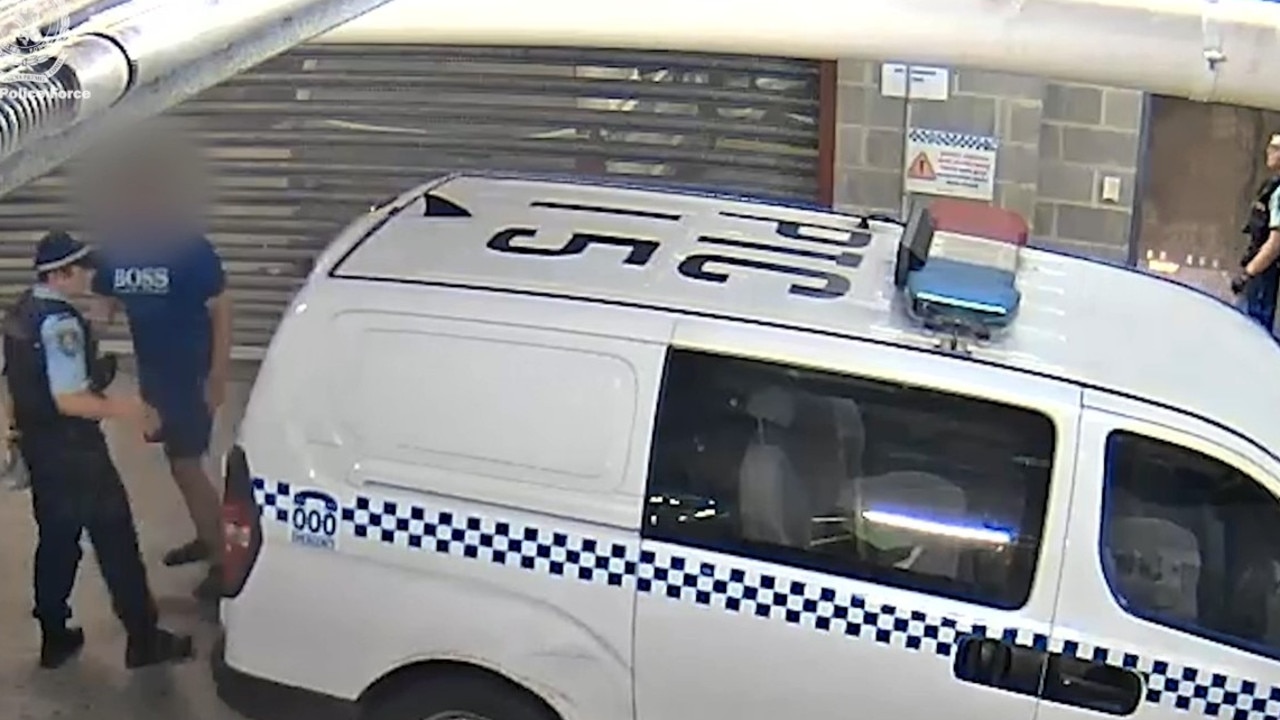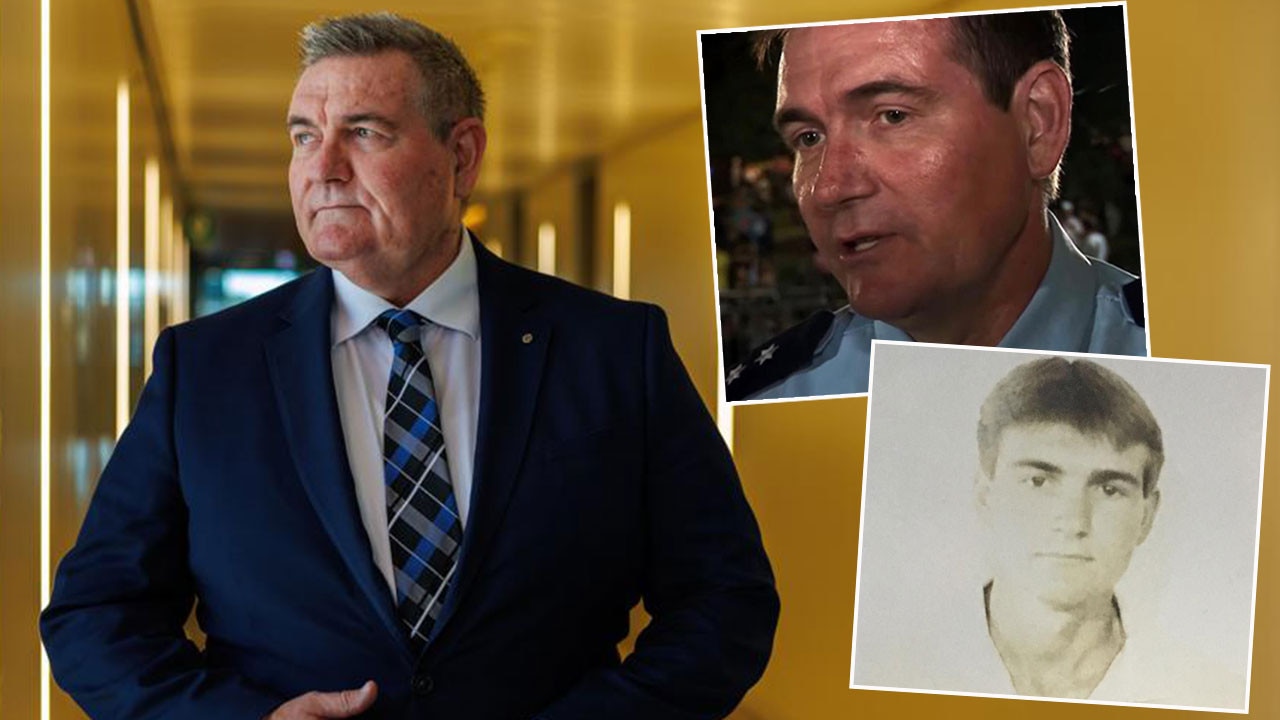Jail fail: Chris Minns orders review into anti-Semitic arsonist’s light sentence
Premier Chris Minns has ordered a review into why a high-profile anti-Semitic arsonist was not prosecuted in a court that could issue a harsher sentence than the 10-month minimum he received.
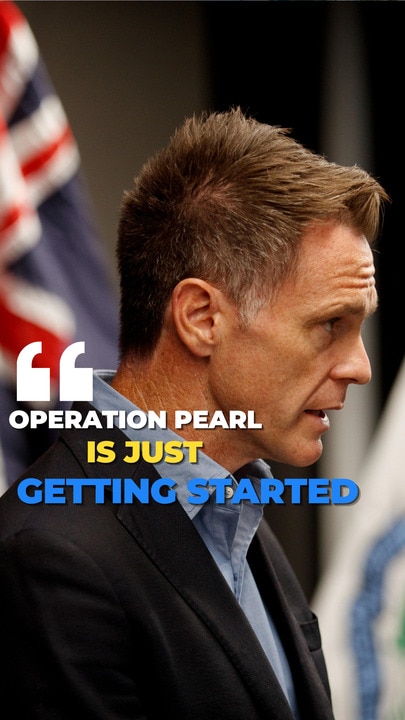
Police & Courts
Don't miss out on the headlines from Police & Courts. Followed categories will be added to My News.
Premier Chris Minns has ordered a review into why a high-profile anti-Semitic arsonist was not prosecuted in a court that could issue a harsher sentence than the 10-month minimum he received.
Mr Minns took the step after being pressured by The Saturday Telegraph to explain why prosecutors kept the case of Guy Finnegan – who set fire to Bondi’s Curly Lewis brewery – in the Local Court where maximum sentences are capped at two years.
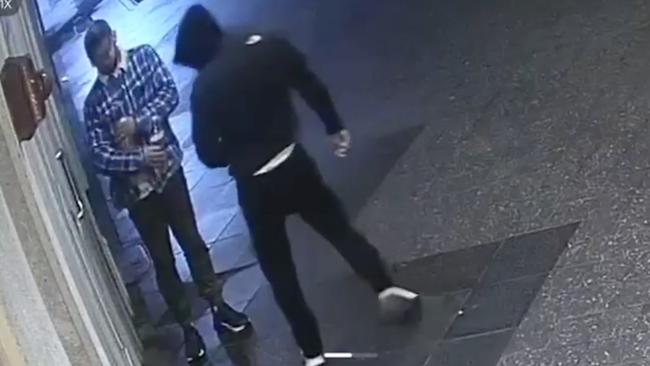
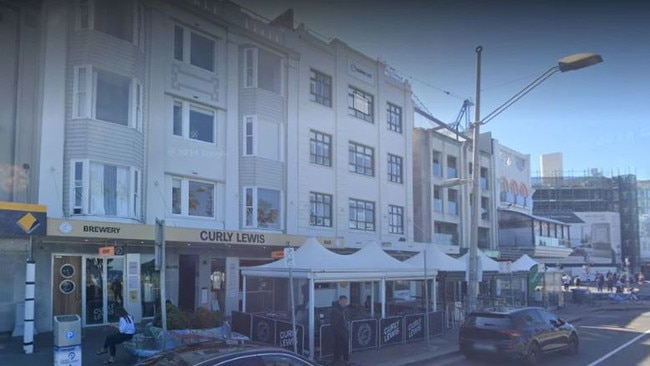
Finnegan was charged with an offence that carries a maximum 11-year sentence and prosecutors could have taken his case to the District Court, which has no sentence cap.
The Telegraph’s revelation came two weeks after Minns publicly criticised Finnegan’s sentence, which he said sent the “wrong message” to deter the wave of anti-Semitic hate crimes escalating at an alarming level in Sydney.

“I (have) sought a review as to why it was not referred to the District Court,” Mr Minns said in answer to The Saturday Telegraphs’ questions.
“I want to reassure the community that we will be watching closely,” he said. “If we need to do more to strengthen laws, we will.”
Mr Minns has also asked the Director of Public Prosecutions, Sally Dowling SC, to examine the possible appeal of Finnegan’s sentence on the grounds it was too lenient.
It is understood police prosecutors requested Ms Dowling’s office to elevate the prosecution of Finnegan to the District Court but were told it didn’t meet the legal agency’s threshold under its guidelines.
A spokeswoman for Ms Dowling did not respond to questions about whether Finnegan’s matter was referred to her office.
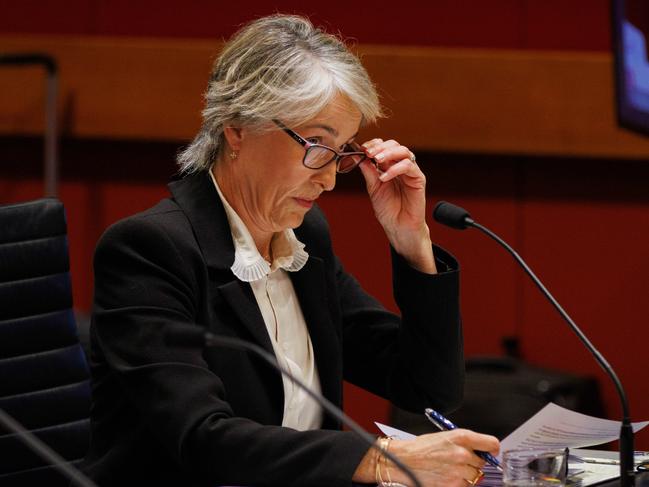
NSW Police also did not answer questions about whether its police prosecutors referred the matter to Ms Dowling’s office.
Executive Council of Australian Jewry co-chief executive Alex Ryvchin said he was disappointed about the move to leave the case in the Local Court and said the strongest possible sentencing was needed to deter further attacks.
“Prosecutors need to do everything in their power to pursue long custodial sentences for these crimes,” Mr Ryvchin said.
“Unless justice is delivered swiftly and forcefully, loss of homes and businesses to targeted arson attacks will eventually lead to loss of life.”
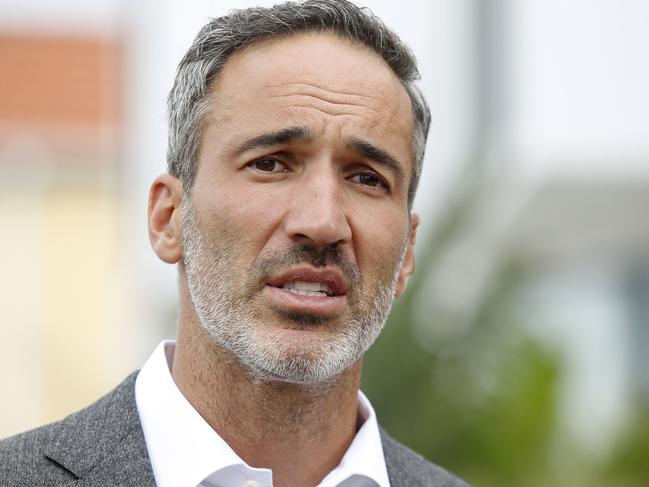
A high-profile Sydney criminal lawyer, who asked not to be named, said,
“He (Finnegan) wouldn’t have gotten the full 11 years. But it would have opened up the potential for him to have gotten a heavier sentence than 10 months.”
Finnegan was arrested the day after the October 17 fire and charged with one count of destroying property worth more than $5000 by fire in the company of another person.
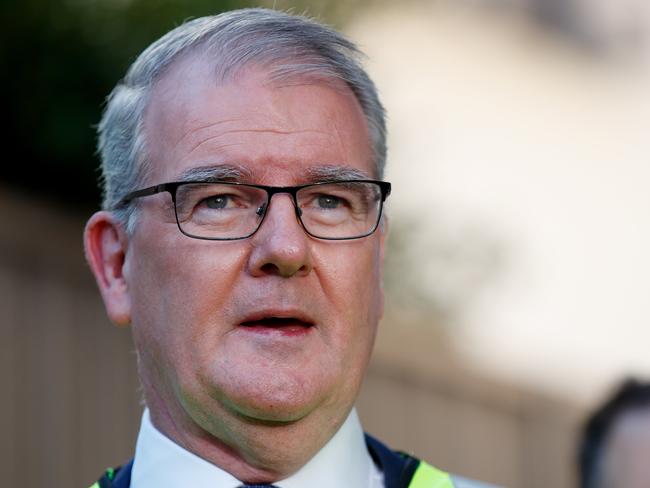
Finnegan pleaded guilty to the arson attack and nine other unrelated offences, including domestic violence, fraud, theft, larceny and drug possession.
In Sutherland Local Court on January 21, Magistrate Danielle Mansour sentenced Finnegan to a minimum 10 month jail sentence with an 18-month maximum as an aggregate for all the offences.
Mr Minns slammed the sentence as too lenient and said prosecutors were appealing to send a stronger message to deter future attacks.
“We need to send a strong, unambiguous message that you will face the full force of the law and the book will be thrown at (you),” he said.
.



